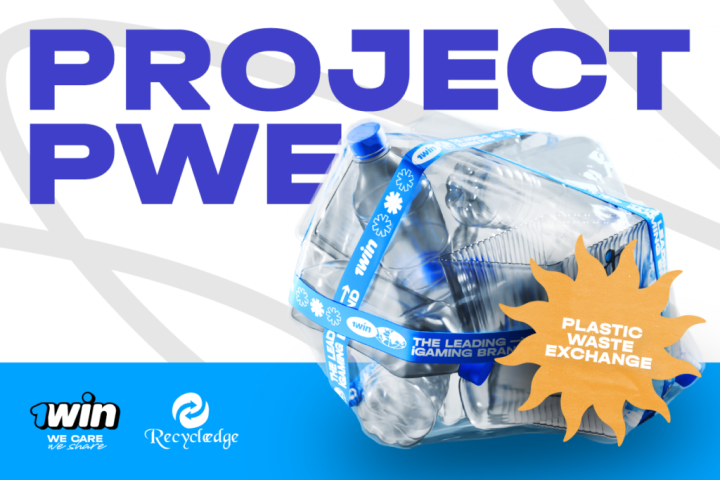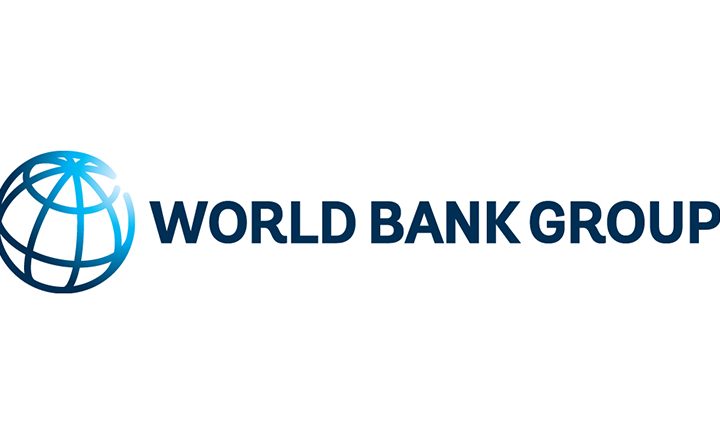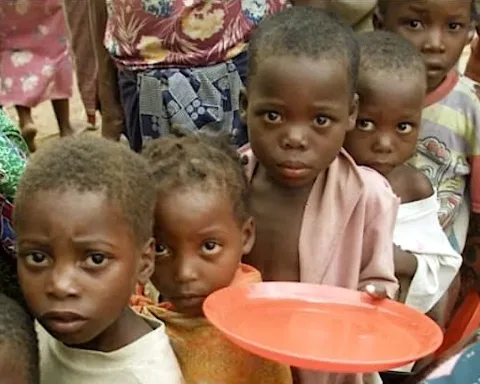
Peer-reviewed study in Africa Sanguine shows expanding investment in safe blood supply to prevent fatal post-partum hemorrhage (PPH) in Ghana, Kenya and Ivory Coast is likely to provide social benefits as well as substantial economic savings in under two years.1
According to the World Health Organization, every day, 810 women die globally (295,000 annually) from preventable causes related to pregnancy and childbirth. Of these deaths, 94% occur in low-resource settings and sub-Saharan Africa (SSA) accounts for approximately two-thirds. Severe bleeding is one of the main preventable complications in SSA, causing up to 44% of maternal deaths, and the need for blood continues to outstrip supply.2
Join our WhatsApp ChannelLAKEWOOD, COLO., United States of America, 29 July 2021 -/African Media Agency(AMA)/- Terumo Blood and Cell Technologies (Terumo), a medical technology company, today announces that Africa Sanguine, a peer-reviewed medical journal1, has published results from its study showing the anticipated clinical outcomes and economic justification of overcoming blood shortages in Kenya, Ghana and Ivory Coast. The Terumo study results present a strong argument for further investment in a safe blood supply chain to build on the considerable existing efforts to improve access to blood and blood supplies.
The study was conducted in collaboration with experts in blood transfusion and health economics. It demonstrates societal and substantial economic benefits for countries investing in blood transfusion to save the lives of African mothers impacted by maternal bleeding. The study includes a targeted literature review, clinical expert inputs and a novel budget impact model to estimate the value of a life saved with blood transfusion and quantify the economic benefits to investing in an adequate, safe and sustainable blood supply.
“Maternal mortality is a ‘homewrecker’ and a ‘national disaster.’ The study details that nearly 30% of maternal deaths are attributable to blood shortage,” said Dr. Shirley Owusu-Ofori, Transfusion Medicine Specialist and Head of Transfusion Medicine Unit, Komfo Anokye Teaching Hospital, Ghana. “Any intervention to mitigate such quantified effects may be either expensive or cost-effective. We demonstrate that improving blood availability in SSA (Kenya, Ghana and Ivory Coast) by substantially investing in the blood safety chain will address all mortality and morbidity and ultimately yield cost savings.”
The Terumo study looked at the costs associated with severe maternal bleeding compared with investment costs to adequately manage maternal bleeding.
· The study validated the number of lives that could be saved per year in Kenya (8,503), Ghana (3,902) and Ivory Coast (3,618).
· The estimated total socio-economic yearly value of these lives was found to be approximately USD $57 million.
· The total cost to provide adequate blood supply, which is calculated at 13 units per patient, was approximately USD $33.7 million.
· This means that USD $23 million could be saved by providing blood transfusions in post-partum hemorrhage (PPH). The study further found that the savings would be realized from the first year in Kenya and Ghana and from the second year in Ivory Coast.
· The cost of saved lives outweighs the investment in the supply of blood with cost savings. This conclusion takes the income levels of Kenya, Ghana and Ivory Coast into account.
“Blood availability is a critical health concern. An increased investment in blood will empower women, reduce inequalities and foster more productive workforces,” said Antoinette Gawin, President and Chief Executive Officer, Terumo Blood and Cell Technologies. “Saving lives is within our grasp. It requires our collective commitment, expertise and capacity to support the United Nations Sustainable Development Goals to reduce global maternal mortality.”
There are many reasons that blood availability is a concern. The contributing factors include a lack of structured blood supply chains, few blood donation programs and the limited access to healthcare, especially in rural areas. Terumo has undertaken the study to bridge the current gap in data on the impact of blood shortage on socio-economic outcomes and mortality, specifically for maternal mortality due to severe bleeding.
1. Owusu-Ofori S. et al. Health economic value of blood in Kenya, Ghana and Ivory Coast: the case of maternal bleeding. Africa Sanguine. 2021;23(1)1-13. https://www.ajol.info/index.php/asan/article/view/210878
2. World Health Organization. Maternal mortality fact sheet. Published 19 September 2019. Accessed 22 July 2021.https://www.who.int/en/news-room/fact-sheets/detail/maternal-mortality
Distributed by African Media Agency (AMA) on behalf of Terumo Blood and Cell Technologies .
About Terumo Blood and Cell Technologies
Terumo Blood and Cell Technologies is a medical technology company. We have a portfolio of products, software and services for blood collection, therapeutic apheresis and cellular technologies enabling customers to collect and prepare blood and cells to help treat challenging diseases and conditions. Our employees around the world believe in the potential of blood and cells to do even more for patients than they do today.
Terumo Blood and Cell Technologies customers include blood centers, hospitals, therapeutic apheresis clinics, cell collection and processing organizations, researchers and private medical practices. Our customers are based in over 130 countries across the globe. The company works to improve patient outcomes by providing innovations that address unmet medical needs.
Terumo Blood and Cell Technologies is a subsidiary of Terumo Corporation (TSE: 4543), a global leader in medical technology. www.terumobct.com
About Terumo Blood and Cell Technologies African Initiatives
Terumo Blood and Cell Technologies is committed to advocating for adequate, safe and sustainable blood supply in Africa using four strategies:
· Enter partnerships and support initiatives to raise awareness on the importance of adequate, safe and sustainable blood supply
· Support the development of donor recruitment and retention programs that would build the capacity of communities to encourage blood donation
· Drive the research agenda for blood in Africa
· Encourage the building of effective systems with strong regulatory frameworks
The company has undertaken several recent initiatives toward this objective, including a joint effort with the Japan International Cooperation Agency (JICA) to implement programs to better protect blood transfusion recipients in Ghana; facilitating a panel together with OAFLAD on Safe Blood for African Mothers on the sidelines of the United Nations General Assembly in 2019; co-founding the Coalition on Blood for Africa in November 2020; and partnering with the Global Blood Fund and the Queen Mothers of Ghana on the Champions of Change initiative, also in 2020, to create awareness on the critical importance of blood donations; and partnering with the Kenya National Blood Transfusion Service to provide donor recruitment training.
Media Contacts
Africa Practice
Pereruan Kenana
+254720800843
pkenana@africapractice.com
Terumo Blood and Cell Technologies
Image Box Communications
Neil Hunter/Michelle Boxall
Tel +44 (0)20 8943 4685
Source : African Media Agency (AMA)

















Follow Us